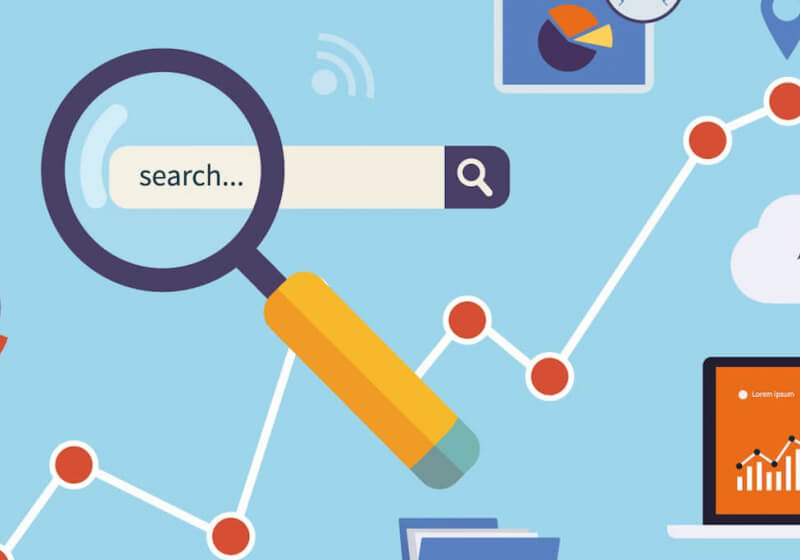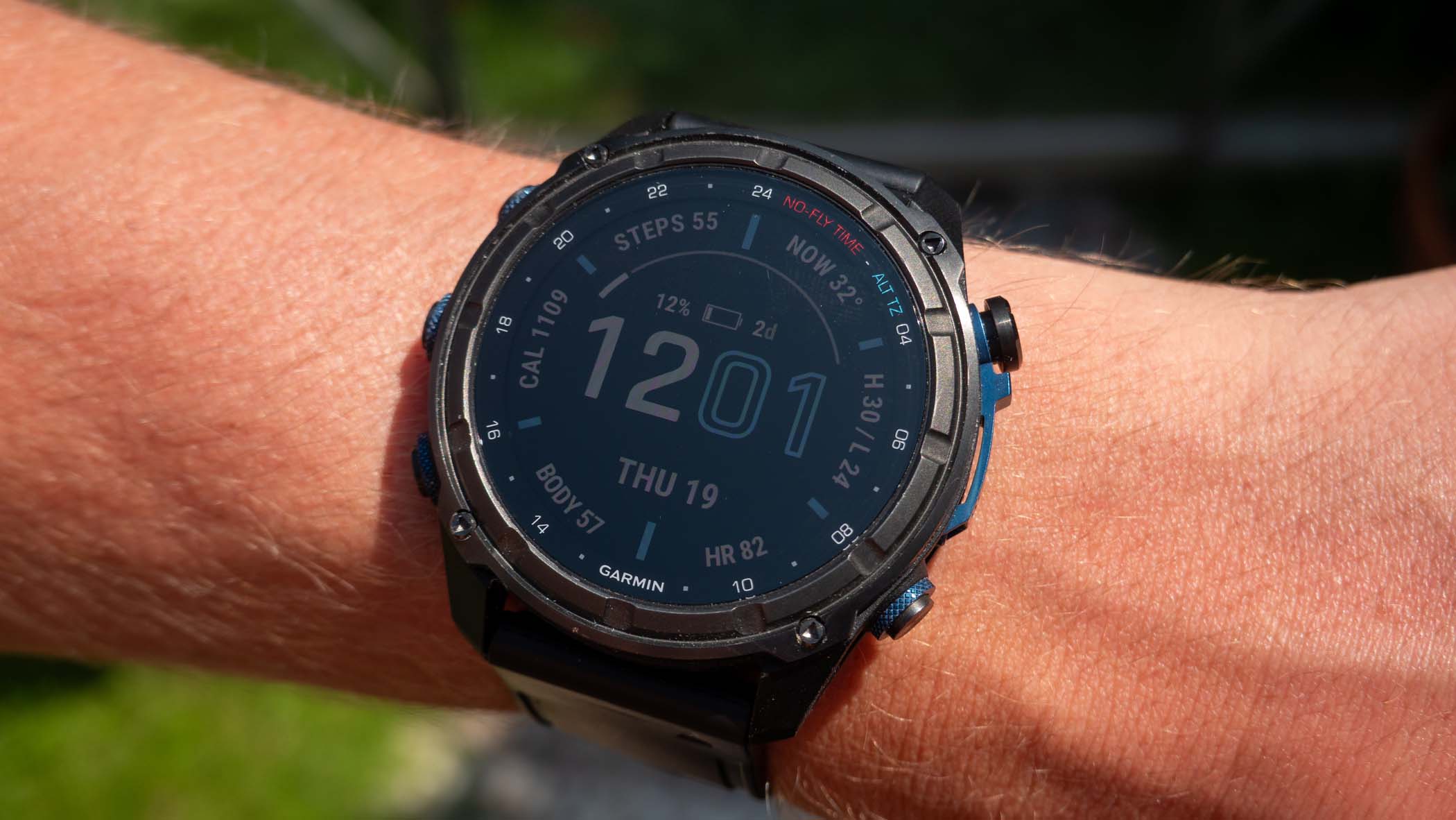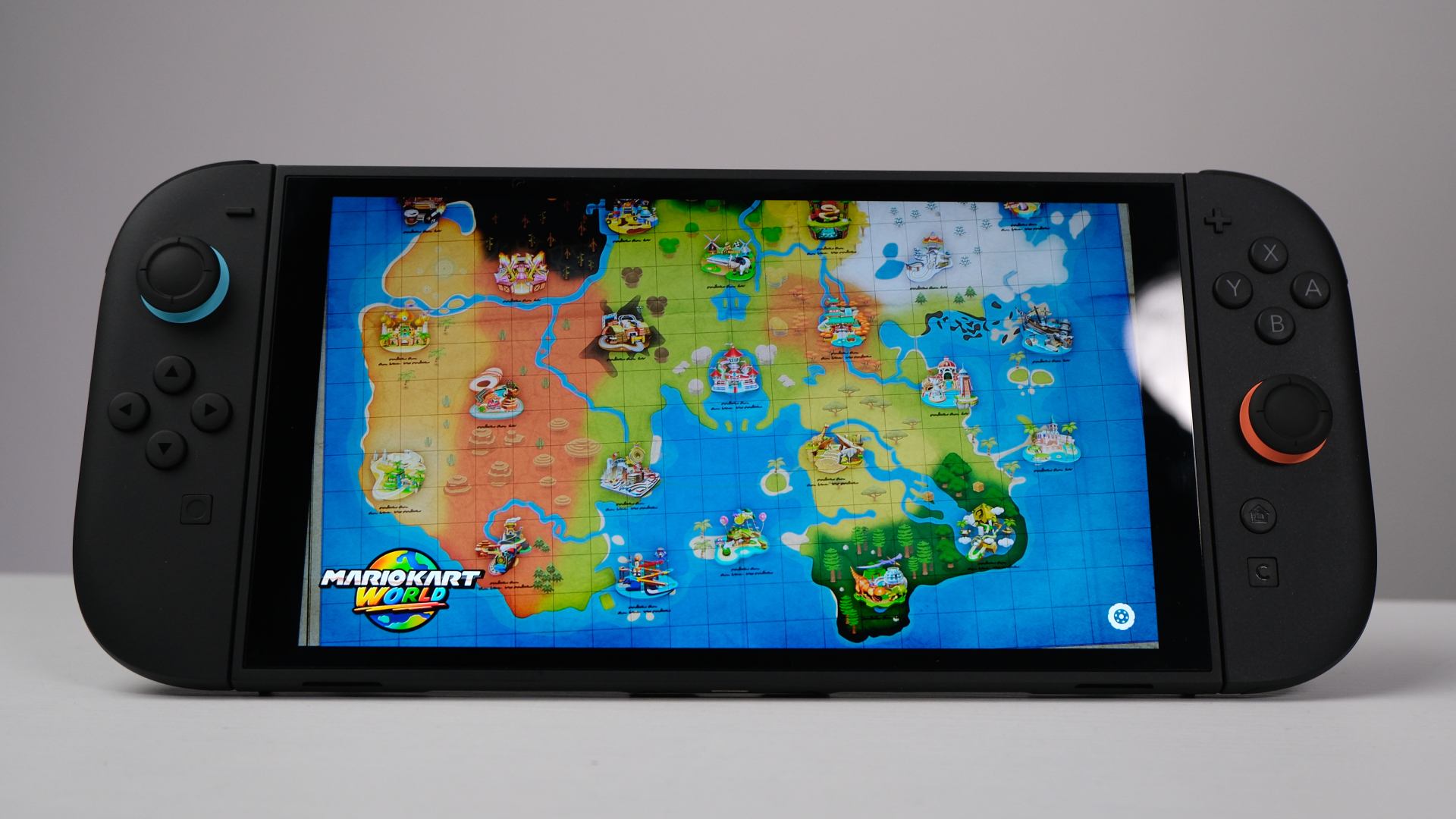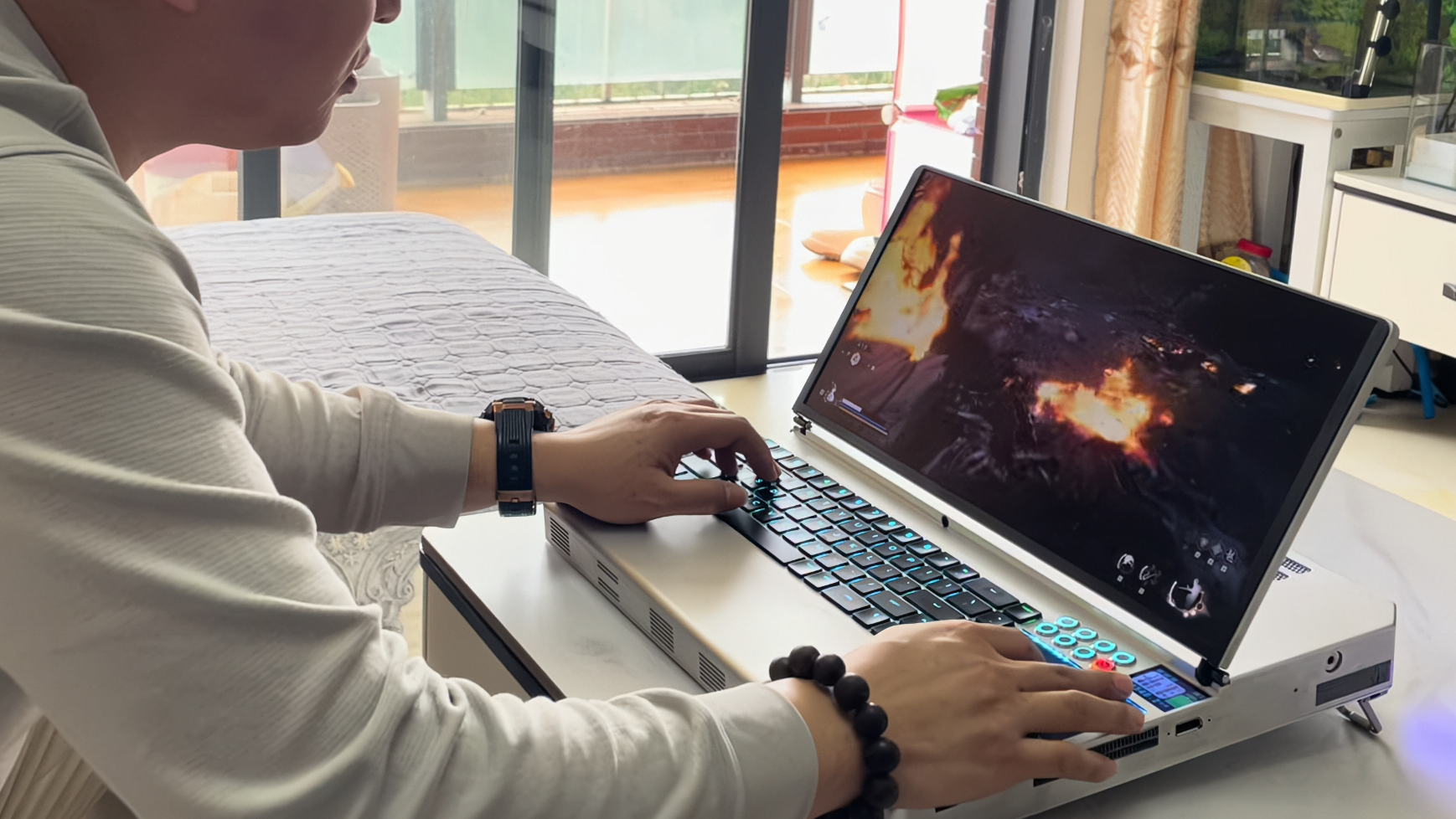Tile trackers are being fully integrated into Life360
Tile trackers are getting more deeply integrated with the Life360 app. In a blog post published this week, Life360 announced that you’ll now be able to set up and manage the handy Bluetooth location trackers without using the Tile app at all. Life360, a family safety and location app, purchased Tile’s Bluetooth device-tracking business for […]


Tile trackers are getting more deeply integrated with the Life360 app. In a blog post published this week, Life360 announced that you’ll now be able to set up and manage the handy Bluetooth location trackers without using the Tile app at all.
Life360, a family safety and location app, purchased Tile’s Bluetooth device-tracking business for $205 million in 2022. Since then, Tiles have been part of the Life360 app, allowing you to track the location of both people and items in one app, but you still needed to use the Tile app to set up the tracking devices. As part of the transition, the Life360 app will get some of the Tile app’s features, including sending an automatic push notification if you leave an item behind and the ability to see location history for Tile-tracked items.
The move seems aimed at pushing Tile’s users toward the Life360 app. In an email to The Verge, Kristi Collura, director of corporate communications at Life360, confirmed that the Tile app is still available and is not being retired “at this time.” However, with her statement that “all new features and updates are available only in the Life360 app,” the standalone Tile app’s days are likely numbered.
As part of the update, Life360 is also reorganizing its paid plans, adding the SOS Alerts feature that lets you call 911 by triple-tapping on a compatible Tile to its $7.99 a month Silver membership, along with seven days of location history. SOS Alerts were previously only available with the $14.99 a month Gold plan, which also allows for 30 days of location history. You can use Life360 for free to track both people and items, but you only see 2 days of location history.
Life360 is a location app designed for families. Similar to Apple’s Find My app, it allows authorized members of a “Circle” to see each other’s real-time locations in the app. Each member has control over whether the app shares their location, as well as how precise a view of their location other members have at any time. The service can send alerts to members of your circle when you arrive somewhere, leave somewhere, and when your flight lands. It essentially does away with all those “text me when you get there” requests from parents and family members.
Life360 offers more than just location services. It styles itself as an overall family safety app and has features such as crash detection and roadside assistance. Its paid plans also include driver reports, which show phone usage, top speed, and hard braking data. Families with teens who are tempted by this service may want to consider exactly how that data is shared before signing up for it.
While Life360 says it no longer sells precise user data, its current privacy policy states it may share data with business partners, including driving analytics services. These services may share data with insurance companies, as detailed in this report by Kashmir Hill in the New York Times.
After this story was published, Life360’s Collura said in an email to The Verge that “Life360 does not make driving data available to insurance companies to influence our members’ insurance premiums, except in cases where a member explicitly requests that we share their individualized data for this purpose.” According to a Life360 blog post linked by Collura, Life360 shares data, including location, with the driving analytics company Arity, which provides the app’s drive and crash detection. Arity sells “aggregated and anonymous insights” on driver behavior to insurance companies.
Updated May 29th: Added a statement from Life360 regarding the Tile app and additional details about its data sharing practices.































